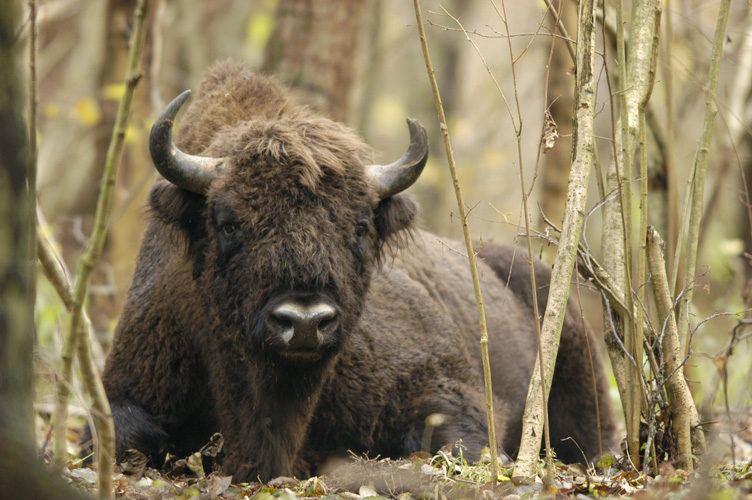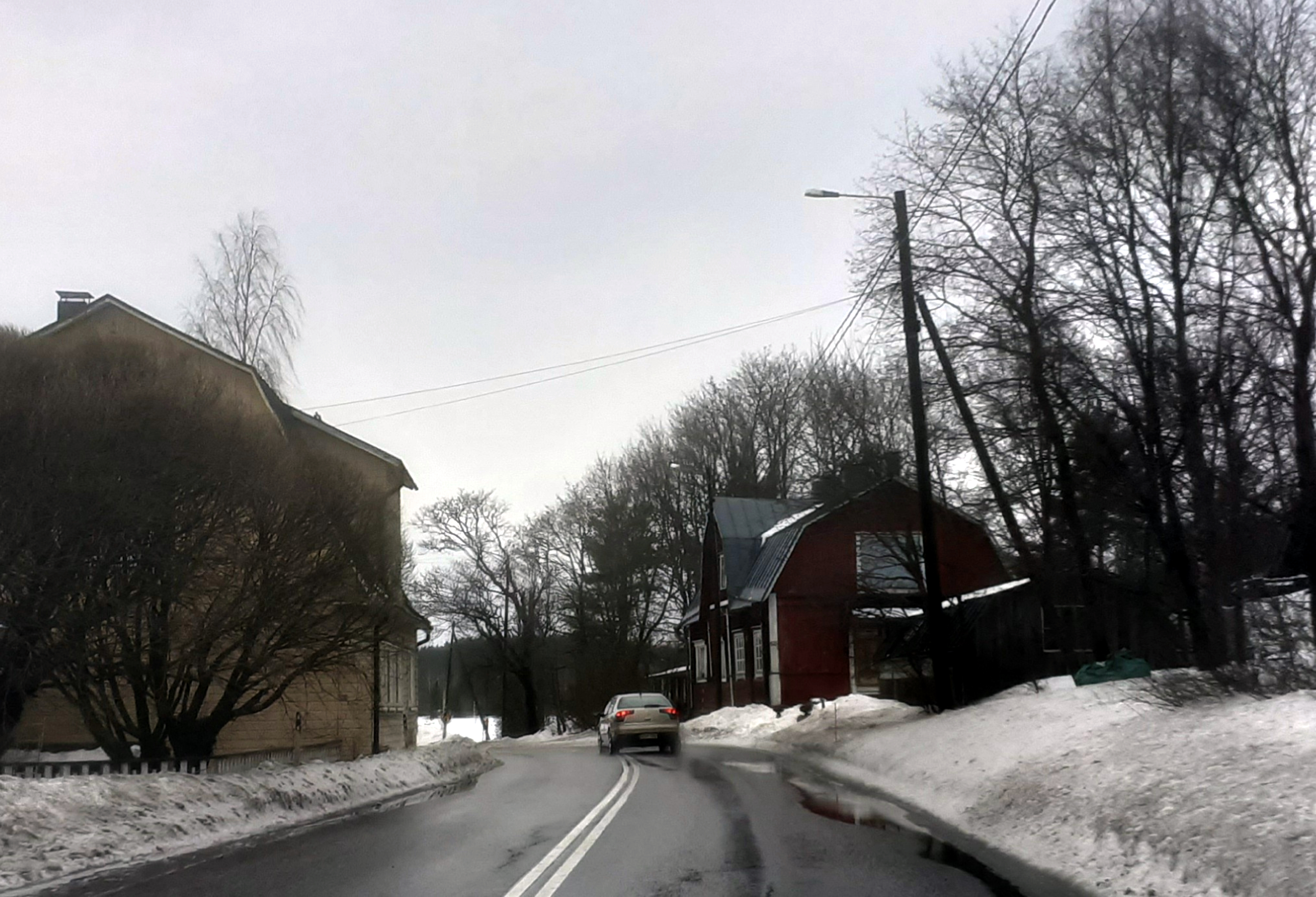|
Korycin
Korycin is a village in Sokółka County, Podlaskie Voivodeship, in north-eastern Poland. It is the seat of the gmina (administrative district) called Gmina Korycin. It lies approximately west of Sokółka Sokółka (; lt, Sokulka, Sakalinė, be, Саку́лка, yi, סאקאלקע, Sokolke) is a town in northeastern Poland, seat of the Sokółka County in Podlaskie Voivodeship. It is a busy rail junction located on the international Warsaw–B ... and north of the regional capital Białystok. The village has a population of 530. References Villages in Sokółka County Trakai Voivodeship Sokolsky Uyezd Białystok Voivodeship (1919–1939) Belastok Region {{Sokółka-geo-stub ... [...More Info...] [...Related Items...] OR: [Wikipedia] [Google] [Baidu] |
Gmina Korycin
__NOTOC__ Gmina Korycin is a rural gmina (administrative district) in Sokółka County, Podlaskie Voivodeship, in north-eastern Poland. Its seat is the village of Korycin, which lies approximately west of Sokółka and north of the regional capital Białystok. The gmina covers an area of , and as of 2006 its total population is 3,524. Villages Gmina Korycin contains the villages and settlements of Aulakowszczyzna, Białystoczek, Bombla, Borek, Sokółka County, Borek, Brody, Podlaskie Voivodeship, Brody, Czarlona, Długi Ług, Dzięciołówka, Gorszczyzna, Korycin, Krukowszczyzna, Sokółka County, Krukowszczyzna, Kumiała, Laskowszczyzna, Sokółka County, Laskowszczyzna, Łomy, Podlaskie Voivodeship, Łomy, Łosiniec, Podlaskie Voivodeship, Łosiniec, Mielewszczyzna, Mielniki, Nowinka, Gmina Korycin, Nowinka, Olszynka, Podlaskie Voivodeship, Olszynka, Ostra Góra, Popiołówka, Przesławka, Romaszkówka, Rudka, Sokółka County, Rudka, Rykaczewo, Podlaskie Voivodeship, Rykaczew ... [...More Info...] [...Related Items...] OR: [Wikipedia] [Google] [Baidu] |
Sokółka County
__NOTOC__ Sokółka County ( pl, powiat sokólski) is a unit of territorial administration and local government (powiat) in Podlaskie Voivodeship, north-eastern Poland, on the border with Belarus. It was created on 1 January 1999 as a result of the Polish local government reforms passed in 1998. Its administrative seat and largest town is Sokółka, which lies north-east of the regional capital Białystok. The county also contains the towns of Dąbrowa Białostocka, lying north of Sokółka, Krynki, lying south-east of Sokółka, and Suchowola, north-west of Sokółka. The county covers an area of . As of 2019 its total population is 67,055, out of which the population of Sokółka is 18,134, that of Dąbrowa Białostocka is 5,520, that of Krynki is 2,405, that of Suchowola is 2,183, and the rural population is 38,813. Neighbouring counties Sokółka County is bordered by Białystok County to the south-west, Mońki County to the west and Augustów County to the north-west. It ... [...More Info...] [...Related Items...] OR: [Wikipedia] [Google] [Baidu] |
Białystok
Białystok is the largest city in northeastern Poland and the capital of the Podlaskie Voivodeship. It is the tenth-largest city in Poland, second in terms of population density, and thirteenth in area. Białystok is located in the Białystok Uplands of the Podlachian Plain on the banks of the Biała River, by road northeast of Warsaw. It has historically attracted migrants from elsewhere in Poland and beyond, particularly from Central and Eastern Europe. This is facilitated by the nearby border with Belarus also being the eastern border of the European Union, as well as the Schengen Area. The city and its adjacent municipalities constitute Metropolitan Białystok. The city has a warm summer continental climate, characterized by warm summers and long frosty winters. Forests are an important part of Białystok's character and occupy around (18% of the administrative area of the city) which places it as the fifth-most forested city in Poland. The first settlers arrived in t ... [...More Info...] [...Related Items...] OR: [Wikipedia] [Google] [Baidu] |
Countries Of The World
The following is a list providing an overview of sovereign states around the world with information on their status and recognition of their sovereignty. The 206 listed states can be divided into three categories based on membership within the United Nations System: 193 member states of the United Nations, UN member states, 2 United Nations General Assembly observers#Present non-member observers, UN General Assembly non-member observer states, and 11 other states. The ''sovereignty dispute'' column indicates states having undisputed sovereignty (188 states, of which there are 187 UN member states and 1 UN General Assembly non-member observer state), states having disputed sovereignty (16 states, of which there are 6 UN member states, 1 UN General Assembly non-member observer state, and 9 de facto states), and states having a political status of the Cook Islands and Niue, special political status (2 states, both in associated state, free association with New Zealand). Compi ... [...More Info...] [...Related Items...] OR: [Wikipedia] [Google] [Baidu] |
Voivodeships Of Poland
A voivodeship (; pl, województwo ; plural: ) is the highest-level administrative division of Poland, corresponding to a province in many other countries. The term has been in use since the 14th century and is commonly translated into English as "province". The Polish local government reforms adopted in 1998, which went into effect on 1 January 1999, created sixteen new voivodeships. These replaced the 49 former voivodeships that had existed from 1 July 1975, and bear a greater resemblance (in territory, but not in name) to the voivodeships that existed between 1950 and 1975. Today's voivodeships are mostly named after historical and geographical regions, while those prior to 1998 generally took their names from the cities on which they were centered. The new units range in area from under (Opole Voivodeship) to over (Masovian Voivodeship), and in population from nearly one million (Opole Voivodeship) to over five million (Masovian Voivodeship). Administrative authority at th ... [...More Info...] [...Related Items...] OR: [Wikipedia] [Google] [Baidu] |
Podlaskie Voivodeship
Podlaskie Voivodeship or Podlasie Province ( pl, Województwo podlaskie, ) is a voivodeship (province) in northeastern Poland. The name of the province and its territory correspond to the historic region of Podlachia. The capital and largest city is Białystok. It borders on Masovian Voivodeship to the west, Warmian-Masurian Voivodeship to the northwest, Lublin Voivodeship to the south, the Belarusian oblasts of Grodno and Brest to the east, the Lithuanian Counties of Alytus and Marijampolė to the northeast, and the Kaliningrad Oblast of Russia to the north. The province was created on 1 January 1999, pursuant to the Polish local government reforms adopted in 1998, from the former Białystok and Łomża Voivodeships and the eastern half of the former Suwałki Voivodeship. Etymology The voivodeship takes its name from the historic region of Poland called ''Podlasie'', or in Latin known as Podlachia. There are two opinions regarding the origin of the region's name. People ... [...More Info...] [...Related Items...] OR: [Wikipedia] [Google] [Baidu] |
Powiat
A ''powiat'' (pronounced ; Polish plural: ''powiaty'') is the second-level unit of local government and administration in Poland, equivalent to a county, district or prefecture ( LAU-1, formerly NUTS-4) in other countries. The term "''powiat''" is most often translated into English as "county" or "district" (sometimes "poviat"). In historical contexts this may be confusing because the Polish term ''hrabstwo'' (an administrative unit administered/owned by a ''hrabia'' (count) is also literally translated as "county". A ''powiat'' is part of a larger unit, the voivodeship (Polish ''województwo'') or province. A ''powiat'' is usually subdivided into '' gmina''s (in English, often referred to as "communes" or "municipalities"). Major towns and cities, however, function as separate counties in their own right, without subdivision into ''gmina''s. They are termed " city counties" (''powiaty grodzkie'' or, more formally, ''miasta na prawach powiatu'') and have roughly the same ... [...More Info...] [...Related Items...] OR: [Wikipedia] [Google] [Baidu] |
Gmina
The gmina (Polish: , plural ''gminy'' , from German ''Gemeinde'' meaning ''commune'') is the principal unit of the administrative division of Poland, similar to a municipality. , there were 2,477 gminas throughout the country, encompassing over 43,000 villages. 940 gminas include cities and towns, with 302 among them constituting an independent urban gmina ( pl, gmina miejska) consisting solely of a standalone town or one of the 107 cities, the latter governed by a city mayor (''prezydent miasta''). The gmina has been the basic unit of territorial division in Poland since 1974, when it replaced the smaller gromada (cluster). Three or more gminas make up a higher level unit called powiat, except for those holding the status of a city with powiat rights. Each and every powiat has the seat in a city or town, in the latter case either an urban gmina or a part of an urban-rural one. Types There are three types of gmina: #302 urban gmina ( pl, gmina miejska) constituted either by a sta ... [...More Info...] [...Related Items...] OR: [Wikipedia] [Google] [Baidu] |
Village
A village is a clustered human settlement or community, larger than a hamlet but smaller than a town (although the word is often used to describe both hamlets and smaller towns), with a population typically ranging from a few hundred to a few thousand. Though villages are often located in rural areas, the term urban village is also applied to certain urban neighborhoods. Villages are normally permanent, with fixed dwellings; however, transient villages can occur. Further, the dwellings of a village are fairly close to one another, not scattered broadly over the landscape, as a dispersed settlement. In the past, villages were a usual form of community for societies that practice subsistence agriculture, and also for some non-agricultural societies. In Great Britain, a hamlet earned the right to be called a village when it built a church. [...More Info...] [...Related Items...] OR: [Wikipedia] [Google] [Baidu] |
Gmina
The gmina (Polish: , plural ''gminy'' , from German ''Gemeinde'' meaning ''commune'') is the principal unit of the administrative division of Poland, similar to a municipality. , there were 2,477 gminas throughout the country, encompassing over 43,000 villages. 940 gminas include cities and towns, with 302 among them constituting an independent urban gmina ( pl, gmina miejska) consisting solely of a standalone town or one of the 107 cities, the latter governed by a city mayor (''prezydent miasta''). The gmina has been the basic unit of territorial division in Poland since 1974, when it replaced the smaller gromada (cluster). Three or more gminas make up a higher level unit called powiat, except for those holding the status of a city with powiat rights. Each and every powiat has the seat in a city or town, in the latter case either an urban gmina or a part of an urban-rural one. Types There are three types of gmina: #302 urban gmina ( pl, gmina miejska) constituted either by a sta ... [...More Info...] [...Related Items...] OR: [Wikipedia] [Google] [Baidu] |
Sokółka
Sokółka (; lt, Sokulka, Sakalinė, be, Саку́лка, yi, סאקאלקע, Sokolke) is a town in northeastern Poland, seat of the Sokółka County in Podlaskie Voivodeship. It is a busy rail junction located on the international Warsaw–Białystok–Grodno line, with additional connections which go to Suwałki and the Lithuanian border. History The settlement was founded as a royal village located on the route connecting Knyszyn and Grodno. Sokółka was granted town rights by King Sigismund III Vasa in 1609. The town's layout with its central square is attributed to starost Antoni Tyzenhauz. In the Third Partition of Poland, in 1795, the town was annexed by Prussia, and in 1807 it passed to the Russian Partition of Poland. In 1861, Walery Wróblewski came to Sokółka and founded a secret organization in preparation for a Polish uprising, which broke out in 1863. He was one of the main organizers of the January Uprising in the territory between Białystok and Grodno. ... [...More Info...] [...Related Items...] OR: [Wikipedia] [Google] [Baidu] |
Villages In Sokółka County
A village is a clustered human settlement or community, larger than a hamlet but smaller than a town (although the word is often used to describe both hamlets and smaller towns), with a population typically ranging from a few hundred to a few thousand. Though villages are often located in rural areas, the term urban village is also applied to certain urban neighborhoods. Villages are normally permanent, with fixed dwellings; however, transient villages can occur. Further, the dwellings of a village are fairly close to one another, not scattered broadly over the landscape, as a dispersed settlement. In the past, villages were a usual form of community for societies that practice subsistence agriculture, and also for some non-agricultural societies. In Great Britain, a hamlet earned the right to be called a village when it built a church. [...More Info...] [...Related Items...] OR: [Wikipedia] [Google] [Baidu] |






